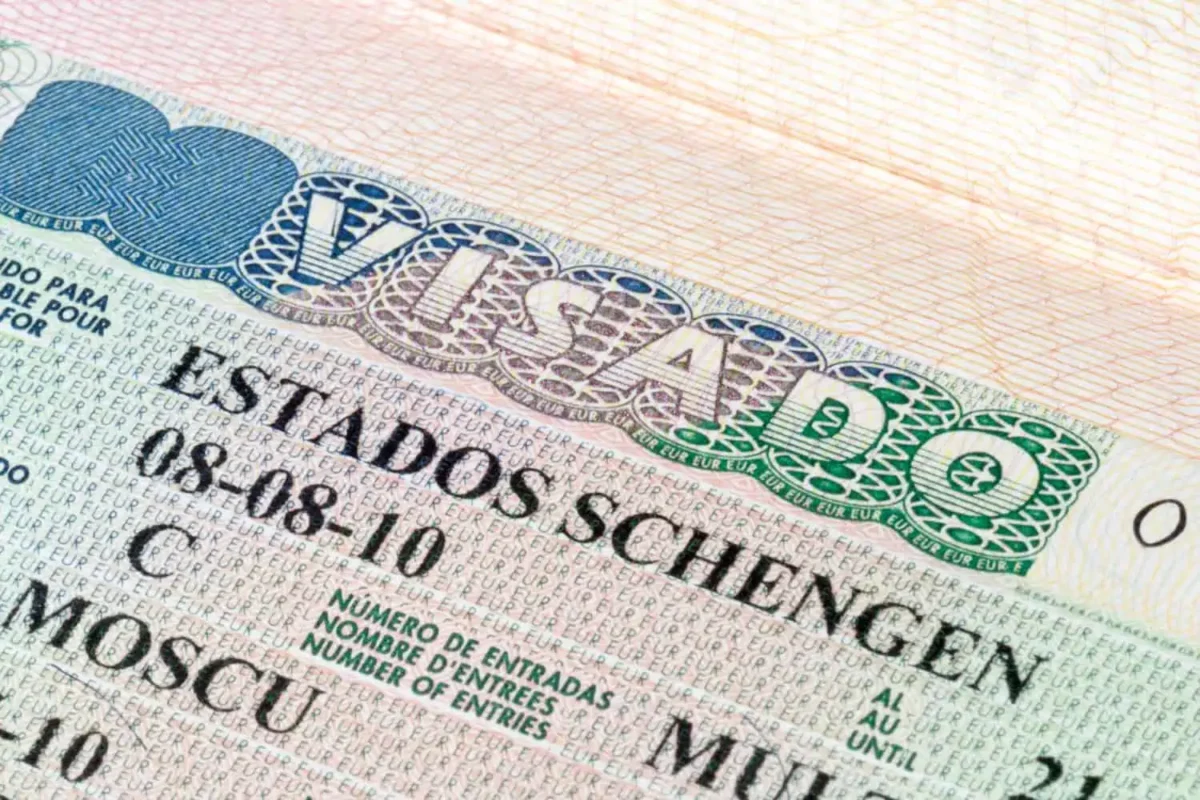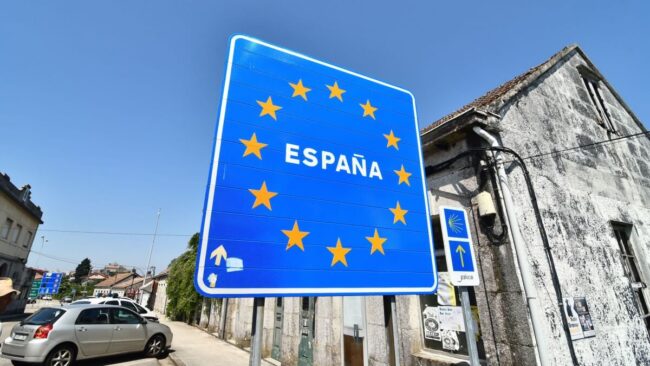
Spain continues to attract UK citizens with its sunny weather, reasonable living expenses, and rich cultural life. Yet, the post-Brexit landscape has significantly altered the relocation process — free movement is no longer in place, and new administrative challenges have emerged. This article explores the key aspects UK residents must consider when moving to Spain.
Main Challenges for UK Citizens Relocating to Spain
Ongoing political and economic developments across the EU have reshaped how UK nationals relocate to Spain. Among the primary hurdles are:
- Visa obligations. British citizens are now subject to Schengen Zone regulations, allowing only 90 days of visa-free travel in any 180 days. Stays beyond that require specific visa types—work, non-lucrative, or retirement visas—each with its own financial, insurance, and employment requirements.
- Residency regulations. Since 2021, UK nationals must apply for residency under third-country (non-EU) rules. Those who lived in Spain before Brexit may retain some rights under the Withdrawal Agreement, but formal proof of residence is now mandatory.
- Access to healthcare. British expats no longer automatically qualify for Spain’s public healthcare system. Eligibility now typically depends on social security contributions, private insurance, or an S1 form for retirees.
- Adapting to life in Spain. Moving now requires additional attention to language challenges, tax liabilities (like wealth tax), converting a UK driving license to a Spanish one (within 6 months), and legal considerations when buying property. Many UK nationals, for example, are exploring the Estepona Spain property for sale market — one of the most attractive coastal areas for expats and investors alike. If you’re looking for opportunities in this region, we recommend visiting Bougainvillea Real Estate, which offers a curated selection of listings and expert support throughout the buying process.
Residency and Visa Requirements
UK nationals planning to relocate to Spain must secure an appropriate visa before entering the country. After arriving in Spain, they must apply for residency and obtain a TIE (Tarjeta de Identidad de Extranjero), the biometric residence card. In the sections below, we’ll explore the process of acquiring temporary or permanent residency and review the different types of visas available.
Visa Requirements Before Arrival
UK citizens must now secure a visa before relocating to Spain. The main options include:
- Non-Lucrative Visa: Designed for retirees or individuals with sufficient financial resources. Employment is not allowed under this visa. Applicants must demonstrate an annual income of at least €28,800.
- Work Visa: Requires a confirmed job offer from a Spanish employer and authorization from Spanish immigration authorities.
- Digital Nomad Visa: Introduced in 2023, this visa targets remote workers employed by companies outside of Spain. Minimum income thresholds apply.
- Golden Visa: A popular route for property investors who purchase real estate worth €500,000 or more.
To apply for any of these visas, individuals must contact a Spanish consulate in the UK and submit a complete set of required documents. Processing times typically range from one to three months.

Residency Process After Arrival
UK citizens intending to stay in Spain for more than six months must obtain the TIE (Tarjeta de Identidad de Extranjero) shortly after entering the country. All non-EU nationals planning long-term stays in Spain must obtain this mandatory biometric residence card. To apply for the TIE, applicants must complete the following steps:
- Register their address locally (known as empadronamiento).
- Apply at the local Extranjería office within 30 days of arrival.
- Attend a biometric data appointment.
Once the TIE expires, it can be renewed, provided the individual still meets the requirements (such as proof of sufficient income or employment).
Residents Before 2021: Rights Under the Withdrawal Agreement
UK nationals who legally settled in Spain before January 1, 2021, continue to benefit from key rights related to healthcare, employment, and pensions under the EU–UK Withdrawal Agreement.
Before Brexit, British citizens living in Spain received the Green Certificate (Certificado de Registro de Ciudadano de la Unión), a paper-based document issued to EU/EEA nationals as proof of residency under the EU’s free movement regulations. Converting the Green Certificate to a biometric TIE card is strongly recommended for easier access to services and smoother travel within the EU.
Family Reunification
If specific conditions are satisfied, the principal applicant in Spain can be joined by family members—spouses, children under 21, and dependent parents. These include:
- Demonstrating sufficient financial means (typically at least 150% of the Spanish minimum wage);
- Providing proof of suitable accommodation, usually confirmed through empadronamiento;
- Ensuring all joining family members apply for their TIE (biometric residence card).
For UK citizens relocating to Spain, the process often involves similar hurdles. Document translation, notarization, and administrative delays are standard. Language barriers can also pose difficulties, as most forms and procedures are in Spanish and may require legal or professional support. Additionally, obtaining residency often brings new tax responsibilities.

Passports and Travel Requirements
UK passport holders must ensure their travel documents comply with Schengen regulations. Specifically, the passport must be valid for at least three months beyond the planned departure from the Schengen Zone and must have been issued within the last 10 years—regardless of any extended validity. Failure to meet these criteria may result in denied entry. Always verify both the issue and expiry dates before confirming your travel plans.
What Is the EU Entry/Exit System (EES)?
The EU is introducing a new Entry/Exit System (EES), which is expected to launch this year (though delays remain possible). This system will require the collection of biometric data— fingerprints and facial scans—upon first entry into the Schengen Area for non-resident UK travelers. Those holding a Spanish TIE are exempt, as their residency is registered separately. Initially, travelers may experience longer wait times at borders during the system’s rollout. Importantly, the EES will automatically track overstays beyond the 90/180-day allowance.
Understanding the 90/180-Day Rule
Under the Schengen 90/180 rule, UK citizens without Spanish residency can remain in the Schengen Zone for up to 90 days within any rolling 180-day period. The Rule applies to the total time spent across all Schengen countries, not only in Spain. Travelers can monitor their days using online tools like the Schengen Calculator. Those with legal residency in Spain and a valid TIE are not subject to this limit and may reside in Spain continuously.
Traveling with Children
A notarized travel authorization is often required when a child travels abroad without both legal parents, such as for school trips or vacations with only one parent. The following documents are usually required:
- Written consent from the non-traveling parent or legal guardian (translated into Spanish if applicable);
- Copies of both parents’ passports;
- Details of travel dates and destinations.
This authorization can be notarized either in Spain (certificado de permiso de viaje) or through a notary in the UK.

Emergency Travel Documents
If your passport is lost or stolen in Spain, you should immediately contact the nearest British consulate to apply for an Emergency Travel Document (ETD). These documents are intended solely for direct travel back to the UK. Please note that biometric checks may still be required when leaving Spain, so it’s essential to report the loss immediately.
Healthcare in Spain
Accessing healthcare in Spain after Brexit involves navigating updated procedures, insurance requirements, and official registrations. To use the Spanish public healthcare system (Sistema Nacional de Salud), UK nationals must follow these key steps:
- Obtain legal residency by securing a TIE (Tarjeta de Identidad de Extranjero);
- Acquire a Spanish social security number (número de afiliación)—this is usually handled by your employer if you’re employed, or directly through the Tesorería General de la Seguridad Social if self-employed;
- Provide proof of local registration (empadronamiento), confirming your address in Spain.
Retired individuals and UK pensioners can access state healthcare by submitting an S1 form issued by UK authorities. Those not eligible for an S1 or without employment-based coverage can join the convenio especial scheme by paying a monthly fee (ranging from approximately €60 to €200, based on age). Alternatively, private health insurance is a standard solution, especially mandatory for visa types such as the non-lucrative visa.
EHIC/GHIC Cards: Limited Validity
The European Health Insurance Card (EHIC) and the UK Global Health Insurance Card (GHIC) are designed for short-term stays, such as holidays or brief study periods. These cards do not provide sufficient healthcare coverage for UK citizens in Spain. They are only valid for emergency medical treatment during temporary visits within the EU. Long-term residents must enroll in the Spanish healthcare system.

Private Health Insurance Requirements
Specific visa categories—such as non-lucrative, student, and some work permits—require comprehensive private health insurance. Policies must include full medical coverage throughout Spain, offer no co-payments (sin copago), and provide a minimum of €30,000 in annual coverage, including repatriation.
Private insurance is mandatory for digital nomads and remote workers unless they are already integrated into the Spanish public healthcare system.
While EU students who moved before 2021 may still use their EHIC, most UK students need private insurance to meet visa conditions. It’s worth checking if your Spanish university offers group health insurance as part of enrollment.
UK employees temporarily posted to Spain under the Withdrawal Agreement may access Spanish public healthcare using the A1 certificate, which confirms ongoing UK social security contributions.
Working and Studying in Spain
Since Brexit, UK nationals must navigate additional requirements to work or study in Spain. British academic and professional qualifications are no longer automatically recognized. For regulated professions, such as teaching, healthcare, or law, individuals must go through a formal equivalency process known as homologación. The process involves submitting academic transcripts and supporting documents to Spain’s Ministry of Education or the relevant regional authority.
Applicants can consult ENIC-NARIC, the European network that provides official guidance on qualification comparisons, for help with academic credential recognition.
Those with vocational or trade qualifications—such as electricians, plumbers, or engineers—may also need to undergo a separate revalidation process, referred to as convalidación, which is typically handled by Spanish professional associations or trade bodies.

Student Visas and Higher Education in Spain
Prospective UK students must meet several requirements when applying to study in Spain. Key documents include:
- Official proof of acceptance from a Spanish educational institution (such as a university, private college, or accredited language school);
- Financial evidence showing sufficient funds to support living expenses—typically between €600 and €1,000 per month, depending on the region;
- Valid private health insurance, unless the applicant is already eligible for public coverage through a family member.
These documents are essential for visa approval and enrollment at any recognized institution in Spain.
Tuition Fees and Scholarship Opportunities
Following Brexit, tuition fees for UK students have increased significantly, often reaching up to three times the previous rates. For example, annual tuition at public universities can range from €2,000 to €4,000. Additionally, access to EU-funded scholarships, such as Erasmus+, is now limited. UK nationals are encouraged to explore bilateral scholarships between the UK and Spain or financial aid programs offered directly by Spanish universities.
Part-Time Work for International Students
Students holding a Spanish visa can work part-time for up to 30 hours per week during their studies. However, employers must inform immigration authorities in advance of the arrangement.
Language Requirements and Academic Realities
Spanish language skills are essential for both education and employment in Spain. A minimum proficiency level of B1-B2 is often required, especially for customer interaction roles. Most undergraduate degrees are taught in Spanish, while some postgraduate programs may offer courses in English.

Common Challenges for UK Nationals
UK citizens pursuing education or employment in Spain may face several bureaucratic and logistical hurdles. Academic or professional qualification recognition (homologación or convalidación) can take anywhere from 6 to 12 months, making early preparation crucial. Additionally, translating and legalizing official documents may cost between €50 and €200 per document. In certain industries, non-EU workers might also encounter hiring preferences for EU citizens.
Planning a Smooth Relocation
Relocating to Spain as a UK national post-Brexit involves navigating a more complex legal and administrative landscape. While the process demands additional paperwork and forethought, proper research and expert guidance can ease the transition. Once residency and compliance issues are settled, expats are free to embrace the rich culture, sunny climate, and exceptional quality of life Spain offers.
